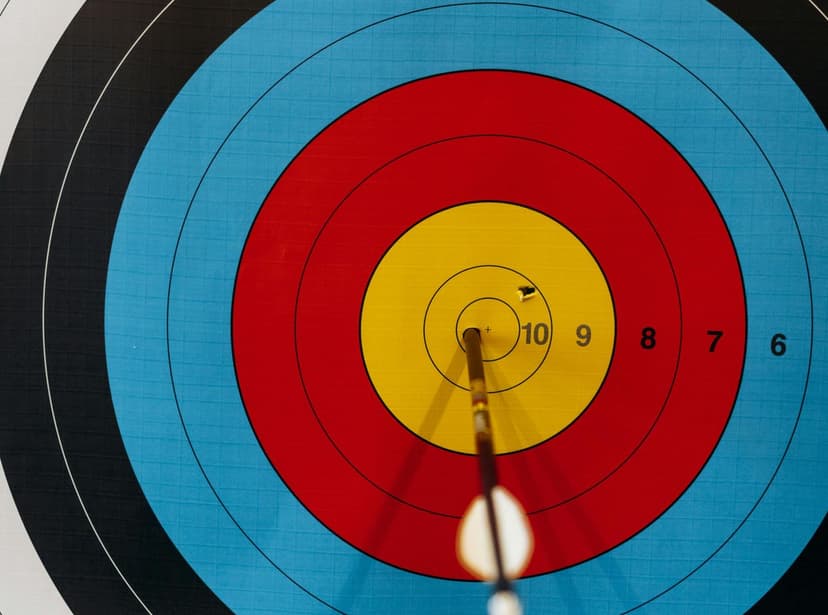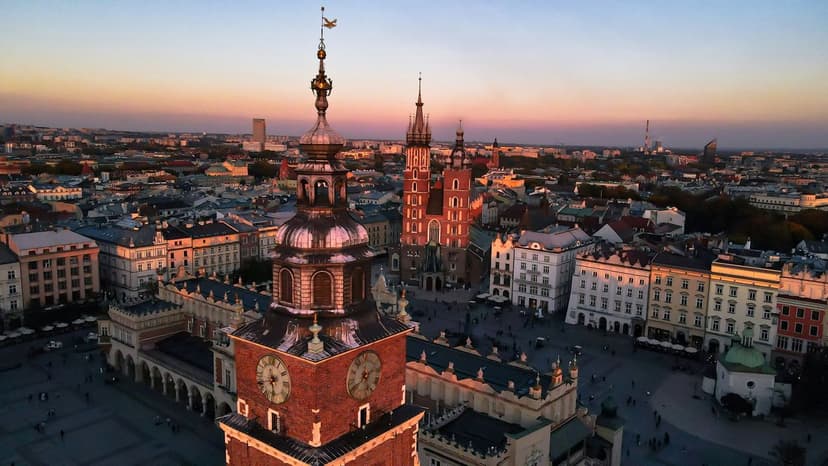
How should media report on Russia’s environmental issues during the war?
Monitoring sanctions against Russia and their impact on the environment should be the main focus right now, eco-activists suggest
The Fix Newsletter
Everything you need to know about European media market every week in your inbox
31 articles • 0 Followers










